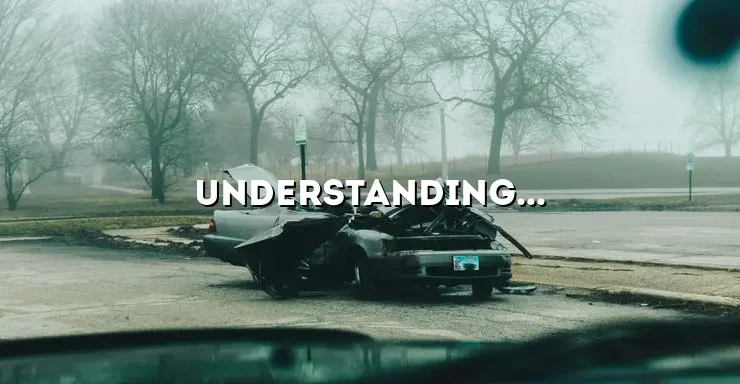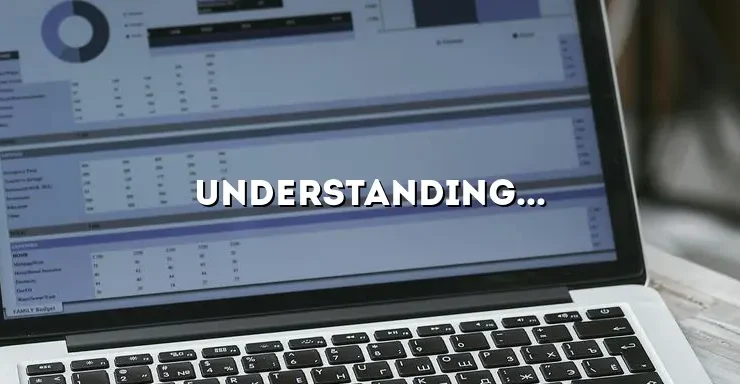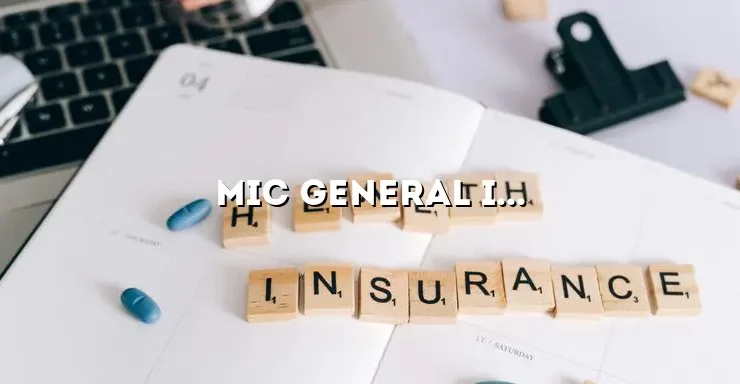
Running a hotel comes with its fair share of risks and uncertainties. From natural disasters to guest accidents, unforeseen events can wreak havoc on your business. That’s why having the right insurance coverage is essential for the protection and success of your hotel. In this article, we will delve into the importance of insurance for hotels and highlight the key areas that need to be covered. Whether you own a small boutique hotel or manage a major chain, understanding the intricacies of hotel insurance is crucial for safeguarding your property and reputation.
The Basics of Hotel Insurance
When it comes to hotel insurance, it’s important to understand the basics. Hotel insurance is a specialized type of coverage designed to protect hotel owners and operators from the unique risks they face. It typically includes multiple types of insurance policies bundled together to provide comprehensive coverage.
Types of Coverage
Hotel insurance typically includes property insurance, liability insurance, workers’ compensation insurance, business interruption insurance, and cyber insurance. Each of these coverages plays a vital role in protecting your hotel business.
Factors Affecting Premium Rates
The cost of hotel insurance premiums can vary depending on several factors. Insurers consider factors such as the size of your hotel, location, number of rooms, amenities, past claims history, security measures, and more. It’s important to provide accurate information to insurers to ensure you receive an appropriate quote for your hotel’s insurance needs.
Property Insurance for Hotels
Property insurance is one of the most important coverages for hotels. It provides protection for your hotel building, furnishings, equipment, and inventory in the event of damage or loss due to covered perils. Covered perils typically include fire, theft, vandalism, storms, and natural disasters.
Building Coverage
Building coverage under property insurance protects the physical structure of your hotel, including walls, floors, roof, and foundation. It also covers attached structures such as garages or swimming pools. In the event of a covered loss, building coverage helps pay for repairs or rebuilding costs.
Contents Coverage
Contents coverage protects the furniture, fixtures, equipment, and inventory within your hotel. This includes items such as beds, televisions, kitchen appliances, linens, and supplies. In case of damage or loss, contents coverage helps reimburse the cost of repairing or replacing these items.
Business Personal Property Coverage
Business personal property coverage extends beyond the hotel building and covers items that are not permanently attached but are necessary for your hotel’s operations. This includes items like computers, office equipment, artwork, and decorations. This coverage ensures that you can replace or repair these items in the event of a covered loss.
Liability Insurance for Hotels
Liability insurance is crucial for hotels as they are vulnerable to various liability claims. From slip and fall accidents to property damage caused by guests, hotels face potential lawsuits that can have a significant financial impact. Liability insurance provides coverage for legal defense costs, settlements, and judgments.
General Liability Insurance
General liability insurance protects your hotel from third-party claims for bodily injury, property damage, and personal injury. For example, if a guest slips on a wet floor in your hotel and sustains an injury, general liability insurance would cover their medical expenses and any resulting legal claims.
Product Liability Insurance
Product liability insurance is essential for hotels that offer amenities such as spa services, fitness centers, or restaurants. This coverage protects your hotel from claims arising from injuries or illnesses caused by products or services offered by your hotel.
Professional Liability Insurance
Professional liability insurance, also known as errors and omissions insurance, is crucial for hotels that provide specialized services like event planning or concierge services. This coverage protects your hotel from claims arising from errors, omissions, or negligence in providing these services.
Workers’ Compensation Insurance
Workers’ compensation insurance is a legal requirement in most jurisdictions and provides coverage for your employees in the event of work-related injuries or illnesses. Hotels have a higher risk of employee injuries due to the physical nature of the job and the potential for accidents.
Benefits of Workers’ Compensation Insurance
Workers’ compensation insurance provides medical benefits, wage replacement, and rehabilitation services to employees who are injured or become ill while performing their job duties. This coverage not only protects your employees but also helps you comply with legal requirements and avoid potential lawsuits.
Common Claims in the Hotel Industry
Hotels often face specific types of workers’ compensation claims. These can include slip and fall accidents, lifting injuries, repetitive strain injuries, and exposure to hazardous substances. It’s important to have proper safety protocols in place and ensure your employees are trained to minimize the risk of these incidents.
Business Interruption Insurance
Business interruption insurance, also known as business income insurance, provides financial support in the event that your hotel is temporarily unable to operate due to a covered loss. It helps cover ongoing expenses and lost income during the restoration period.
Coverage for Lost Income
Business interruption insurance covers the income your hotel would have earned had it been operating normally. This includes revenue from room bookings, food and beverage sales, conference bookings, and other sources of income.
Extra Expense Coverage
In addition to lost income, business interruption insurance may also cover the extra expenses incurred to minimize the impact of a covered loss. This can include expenses for temporary relocation, renting alternative premises, or expedited repairs to get your hotel back up and running as quickly as possible.
Extended Period of Indemnity
Some business interruption policies offer an extended period of indemnity, which provides coverage beyond the initial restoration period. This can be especially beneficial if it takes longer than anticipated to fully restore your hotel’s operations.
Cyber Insurance for Hotels
In today’s digital age, cyber insurance has become increasingly important for hotels. With the amount of sensitive guest information stored electronically, hotels are prime targets for cybercriminals. Cyber insurance helps protect your hotel from the financial and reputational damage caused by data breaches and cyber-attacks.
Data Breach Coverage
Data breach coverage helps cover the costs associated with a data breach, including notifying affected guests, providing credit monitoring services, public relations efforts to restore your hotel’s reputation, and legal expenses if lawsuits arise.
Cyber Extortion Coverage
Cyber extortion coverage protects your hotel in the event of a ransomware attack or other cyber extortion attempt. It covers the costs of negotiating with the cybercriminals, paying ransom if necessary, and hiring cybersecurity experts to mitigate the damage.
Third-Party Liability Coverage
Third-party liability coverage under cyber insurance protects your hotel from claims made by guests or other third parties whose data has been compromised due to a cyber-attack on your systems. It covers legal expenses, settlements, and judgments.
Additional Coverage Options
In addition to the core coverages mentioned above, hotels may require additional insurance options to address specific risks and unique circumstances. Here are a few additional coverage options that can further protect your hotel:
Equipment Breakdown Insurance
Equipment breakdown insurance covers the cost of repairing or replacing essential equipment in your hotel, such as boilers, refrigeration units, or electrical systems, in the event of a mechanical or electrical breakdown.
Liquor Liability Insurance
If your hotel serves alcohol, liquor liability insurance is crucial. It protects your hotel from claims arising from alcohol-related incidents, such as accidents caused by intoxicated guests or fights that occur on your premises.
Employment Practices Liability Insurance
Employment practices liability insurance provides coverage for claims made by employees alleging wrongful termination, discrimination, harassment, or other employment-related issues. This coverage helps protect your hotel from the financial impact of such claims.
Conclusion
In conclusion, having comprehensive insurance coverage is a non-negotiable aspect of running a hotel. By understanding the various types of insurance available and assessing the specific risks associated with your property, you can ensure the utmost protection for your hotel and its assets. Remember, the right insurance policy not only provides financial security but also safeguards your reputation and enables your hotel to thrive amidst unforeseen challenges.






